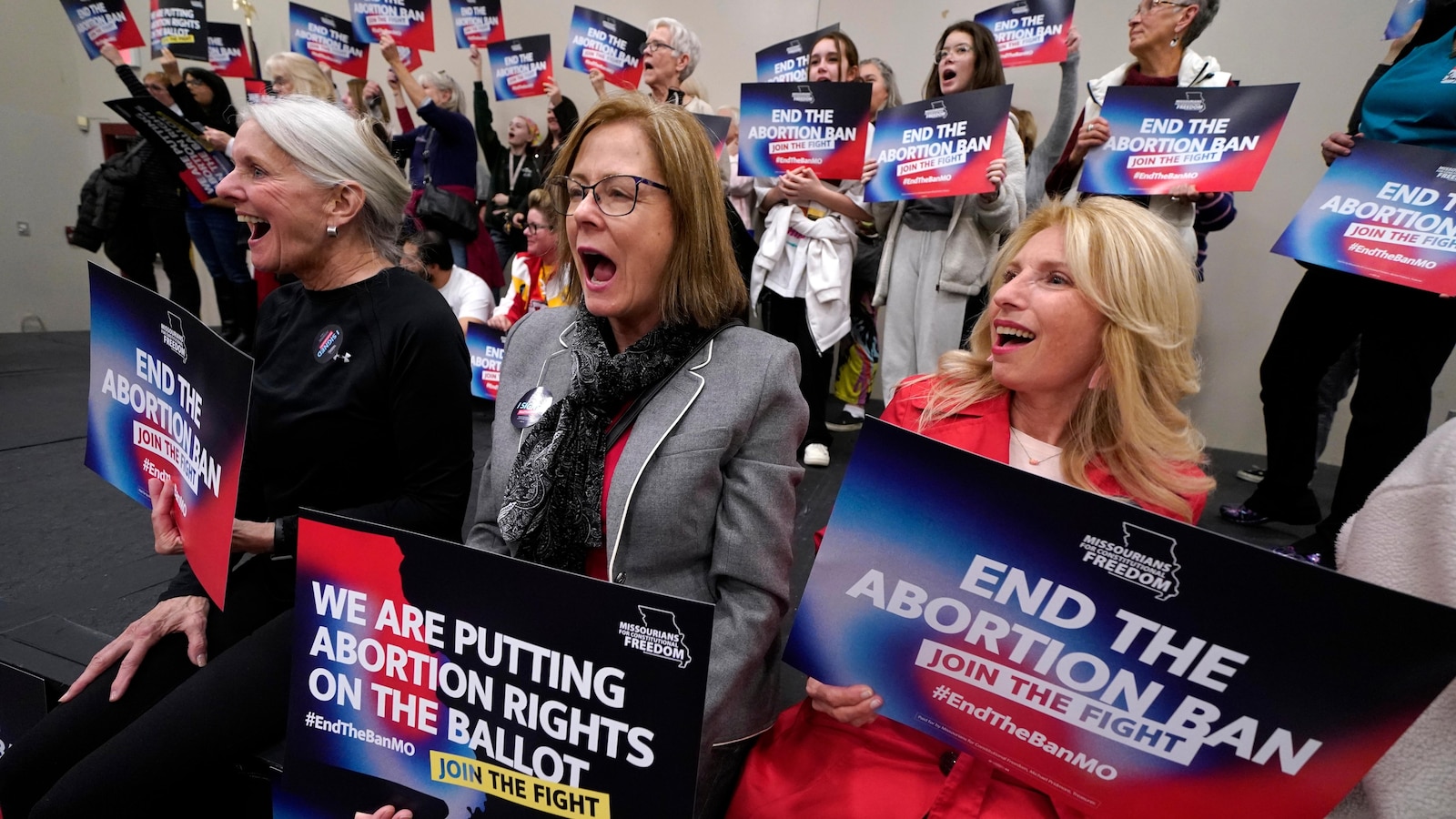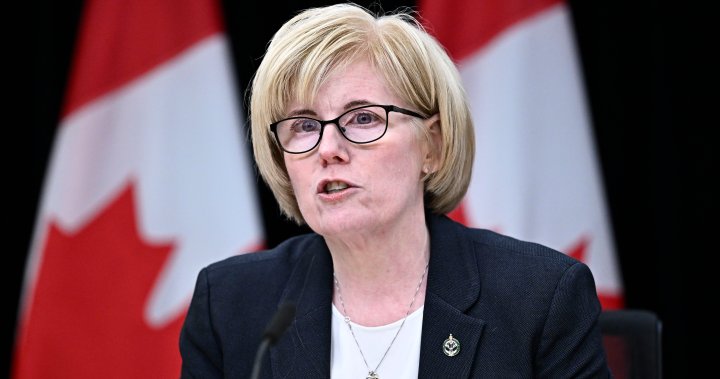When Stephen Whittle transitioned as a teenager in 1975, he was one of only a handful of young people in the UK to be offered hormone treatment and, later, surgery.
Almost half a century later – much of it spent fighting for trans rights – he said there was “masses” he agreed with in this week’s review of the NHS’s gender identity services by Hilary Cass. He said he also believed the report had been influenced by groups and individuals with “transphobic” views, and said the “potential for positive change must be backed with resources”.
Whittle, emeritus professor of equalities law at Manchester Metropolitan University, has become one of the UK’s leading advocates for trans rights and has advised governments around the world. Now 68, he views the issues raised in the Cass report with the perspective of decades of personal and professional experience.
He said that as a child “I had no doubt that something was deeply wrong – and I had no doubt what it was”. At one particular school sports day “there were boys’ races and girls’ races, and I suddenly realised that I was always going to be in the wrong race”.
After a couple of suicide attempts – “I had no doubt that I couldn’t live as a the person people thought I was meant to be” – Whittle was finally seen by a sympathetic doctor. He was offered testosterone, followed four years later by surgery.
“My father, who was quite a Victorian man in his attitudes, said: ‘We’ve been waiting for this since you were two’. Ninety per cent of people said it made sense. But from strangers or people who barely knew me, there was a lot of discrimination and prejudice. I had sexual and physical assaults in the street, and I lost job after job. None of it was easy.”
Soon after he transitioned, Whittle met his life partner, Sarah, with whom he has four children. “I hadn’t had surgery at that point, but she never had any doubt that I was the man she saw and knew.”
In the mid-80s, Whittle went to night school and studied for a law degree. He co- founded Press for Change, which campaigned for trans rights, and in 2005 was awarded an OBE for services to gender issues.
He said young trans people today faced “different challenges” to those he experienced. “Getting a job and keeping it is easier for them. But what’s really difficult is [social media]. Online can be a hateful place.”
As a teenager questioning his gender, and later as a trans adult, he said he was very isolated, and worked hard to establish supportive networks of people who met regularly. Now, it was easier to find people going through similar experiences online, but harder to maintain in-person contact.
There was also a greater willingness to explore gender issues than there had been 50 years ago. “You have people at a much younger age asking, ‘Am I trans?’. And then there are those who simply know they belong in a different body.”
The Cass report identified multiple problems with gender identity services, he said. “Underfunding, staff overwhelmed, records not properly kept, mental health services in need of massive improvement. But I also think you can see the fingerprints of transphobia on the report.”
Some organisations he described as anti-trans had undue influence on government and officials, he said. “Since 2010 I’ve not been included in one conversation with government, none of us have. But these other people are sitting round the table and enjoying their power. I think aspects of the Cass report were heavily influenced by the fear of these people and pressure from them.”
Much of what happened after the Cass review would depend on a willingness to provide services with proper resources and offer “a lot of talking therapy” for individuals. “Cass has the potential for positive change but it has to be backed up with significant funding,” he said.







